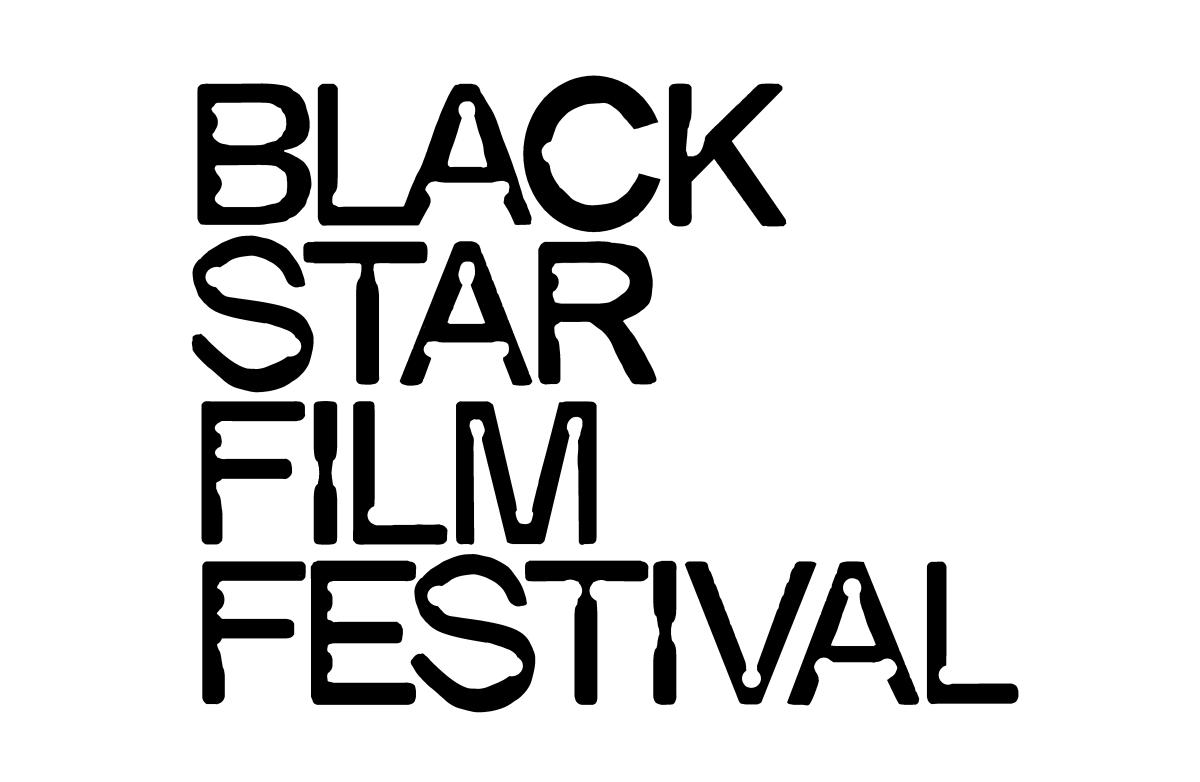The Philly-based BlackStar Film Festival, dubbed “Black Sundance” for its focus on Black, brown and Indigenous filmmakers and artists, is celebrating its 10th anniversary this year, and will be from Aug. 4-8.
Each year, the Oscar-qualifying festival accepts around 100 films from around the world, all from filmmakers of color, according to filmmaker and writer Maori Karmael Holmes, CEO and artistic director of the festival.
Since Holmes founded it in 2012, the BlackStar Film Festival has expanded beyond its original focus on Black filmmakers, Holmes said.
“I was interested in, specifically the first year, showing the work of African descendant filmmakers that hadn’t shown in Philadelphia,” Holmes said. “We now have expanded our mission to focus on the work of other filmmakers of color.”
BlackStar has also expanded its programming beyond the festival itself, which will take place in August. This year, BlackStar will offer various initiatives throughout the year. They include a journal, morning talk show and seminars for filmmakers.
“We’ve been responding to our constituents over the years, and we’ve been slowly experimenting with different formats and wanting to engage with audiences beyond the festival,” Holmes said.
One of the new projects introduced this year is “Many Lumens,” a podcast that Holmes hosts and that premiered on Jan. 4. In each episode, Holmes interviews a different artist. In the latest episode, she interviewed Blitz Bazawule, a Ghanaian filmmaker now based in New York. All five episodes are available on Spotify, Apple Podcasts and other streaming services.
BlackStar is also reintroducing past programs for new audiences this year. “Blackstar Live!,” a morning talk show, made its return in February. “Seen,” a biannual film journal introduced last winter, will have its second issue released in May.
Due to the coronavirus pandemic, this year’s festival, like last year’s, will be held virtually. Traditionally, the festival has been held in person at the Lightbox Film Center—originally housed at the University of Pennsylvania before moving to the University of the Arts in 2020. Last year’s festival, while mostly virtual, provided drive-in screenings of its films, which organizers said they hope to offer again this year.
Imran Siddiquee, BlackStar’s communications director, said while the pandemic posed many challenges, it has also presented new opportunities for the festival.
“People from all over the world are able to participate on the user end but also on the panels,” Siddiquee said. “The reach increased because you didn’t have to be here in person to go.”
Last year, the festival used Facebook and Twitch, giving audiences the ability to comment live during different events. About 3.5 million people were able to view the festival’s panels via Facebook, according to Siddiquee.
Jaylen Dotson ’21, film critic for The Hawk, said he thinks the festival is doing important work to give creators of color a place in the film industry.
“It is important to provide spaces for marginalized artists to express their visions outside of the restrictive Hollywood system,” Dotson said. “While much progress has been made, people of color still face hurdles in getting their stories told on the big screen.”
Dotson said the works the festival showcases are just what Hollywood needs right now.
“This is the kind of innovative and visionary work that the industry desperately needs if the theatrical distribution model is to recover,” Dotson said.
There is definitely a monetary incentive to diversifying the industry, according to Michael Wellenreiter, M.F.A., associate professor of music, theatre and film. Wellenreiter was the featured speaker at a March 22 talk titled “By All Means Necessary: Black Film Directors in the USA,” which was part of the university’s Diversity Lecture Series and hosted by the Office of Inclusion and Diversity.
In his talk, Wellenreiter pointed to a report on Black representation in film released March 11 by McKinsey & Company, a global consulting firm.
“They stress in the opening of the report on how movies and television often provide an escape from and a reflection of life unfolding that can play an outsized role in shaping and reinforcing cultural beliefs and attitudes about race, both in the United States and internationally,” Wellenreiter said to the audience. “Yet there’s still a great deal of inequity. They make a note that Hollywood, in not addressing these types of persistent racial inequities, is actually losing out on $10 billion per year in annual revenues. This is money Hollywood could earn that is out there, but they’re choosing not to largely because there’s still too many gatekeepers about who gets to make films, what stories are told and how are those stories marketed.”
After 10 years, BlackStar has found itself in the position of gate lifter, rather than keeper, and that is a role Holmes said she did not imagine when she started the festival.
“We’ve become a force in the field,” Holmes said. “We see ourselves nipping at the heels of the industry. I think there was no expectation of that whatsoever.”
Robert Whitney ’23 contributed to this story.








































